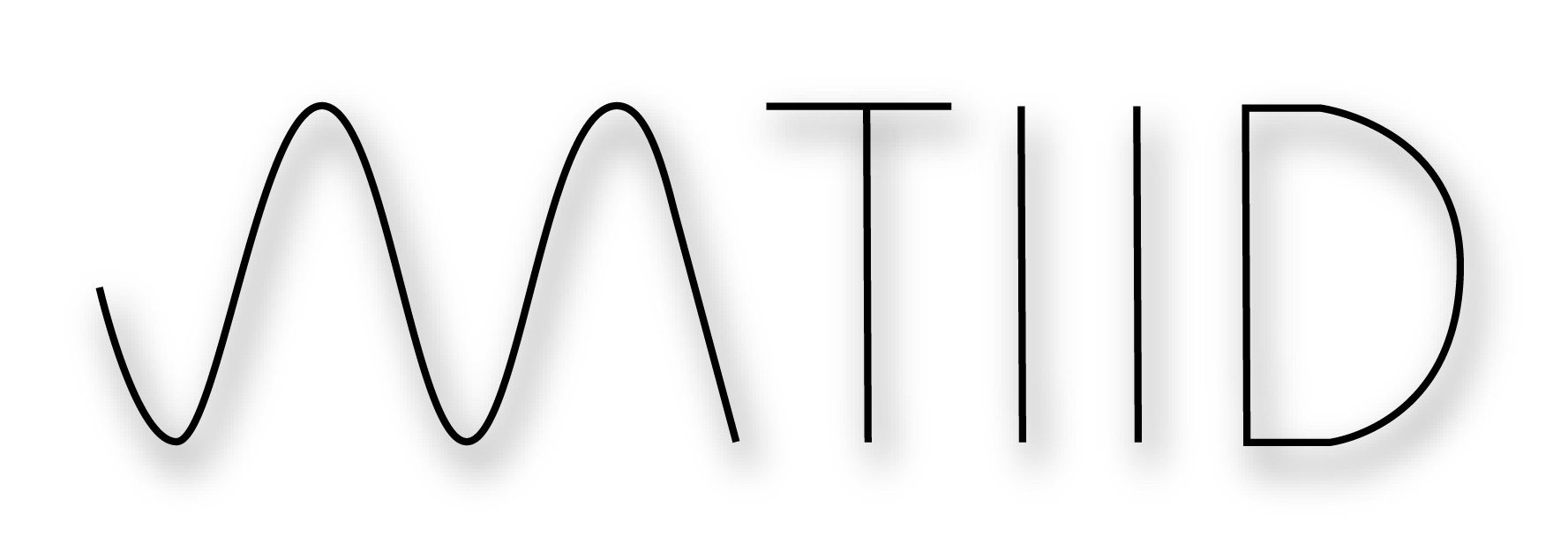Introduction to Programming for Musicians and Digital Artists
The course, lecture, and examples build on each other to teach the fundamentals of programming in general (logic, loops, functions, objects, classes) and also deals with advanced topics including multi-threading, events and signals. Throughout the course, students create meaningful and rewarding expressive digital “instruments” that make sound and music in direct response to program logic. The ChucK language provides precise high-level control over time, audio computation, and user interface elements (track pad, joysticks, etc.). ChucK is used (unknowingly in most cases, via SMule Apps) by millions of users throughout the world, and is the backbone of dozens of academic programs and laptop orchestras. Learning to program using ChucK, through the musical examples provided in this course, will prepare students to program in C++, Java, and other languages. There will be special guest lectures from creators of the ChucK language, Dr. Ge Wang (Stanford University) and Dr. Perry R. Cook (Princeton University).
Sound Production in Ableton Live for Musicians and Artists
This course provides hands-on experience in producing, mixing, and sound design with a digital audio workstation. Students will learn the fundamentals (physics) of sound and digital audio, proper gain staging, where and how distortion enters recordings and mixes, how to set levels and panning, effective sub group mixing, and an introduction to signal processing such as equalization, compression, delay, and reverb. In addition to core audio and mixing concepts, students will learn various production techniques, such as sequencing, arranging, automation, using virtual instruments (e.g. synths, samplers, and drum machine plugins), working with MIDI, plugin formats such as VST/Audio-Units, and mapping digital USB controllers for the studio and live performance.
The material covered in this course will range from the foundations of producing music and sound design, to more advanced topics such as Ableton "racks" (Audio Effect Racks, MIDI Effect Racks, Instrument Racks, and Drum Racks), multi-band effects processing, advanced modulation, warping, time-stretching, and mangling audio, as well as taking advantage of Live's audio analysis tools for extracting grooves, melody, harmony, and drums from recorded sound.
Sound Synthesis Using Reaktor
This course provides an introductory overview of audio synthesis and visual programming using Native Instruments' Reaktor Software. Students will receive an in-depth look into various audio synthesis methods, including: additive, subtractive, sampling, wavetable, physical modeling, and granular synthesis, as well as the various types of modulation synthesis. Students will also learn about the history of the synthesizer and electronic music, and will take a look at many of the current sound design trends in electronic music.
Web Development and Design for Artists
In today’s digitally connected world, an engaging, distinctive website is a necessity for artists, musicians, designers, and creators. This course provides an introduction to website design and development for artists, providing the tools to create and maintain a unique online identity. In this course, you will learn how to build a custom website for your online artistic presence and portfolio, and how to leverage content management systems to develop and manage your site. You will also learn how to customize your site further with HTML, CSS, and PHP, three building blocks of the modern Web. This class will teach essential skills for designing and organizing your website, so you can create a site that is both visually distinctive and engaging. Over weekly assignments, you will develop an actual, live website from simple HTML to a full-featured site with galleries, analytics, social media integration, and other advanced features.
